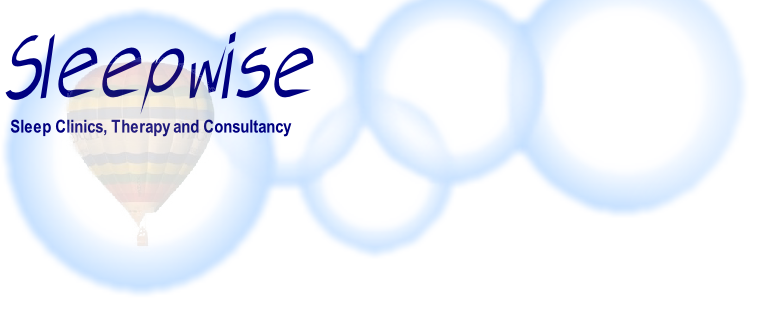

Sleepwise Sleep Clinics and Therapy
Sleepwise provides professional sleep therapy services and advice, including clinics, one-

Sleep & Stress
Consultants
since
1999




Sleepwise Sleep Clinics and Therapy
Sleepwise provides professional sleep therapy services and advice, including clinics, one-

Diabetes and Sleep
There are few things more enjoyable and rejuvenating than waking up after a nice, deep sleep, and it appears that the quality of your sleep in particular may also be a critical factor in controlling your blood sugar.
In two recent studies, the amount and quality of the participant’s sleep indicated that good sleep was attributed to providing significant blood sugar health benefits, at levels that suggested a threefold drop in the risk of type 2 diabetes.
Its not Quantity, It’s Quality
The quality of sleep you are getting is very important. Deep sleep is essential in maintaining balanced blood sugar, so if you getting your 8 hours but you are a light sleeper, then you could suffer a drop in glucose tolerance, an indicator normally associated with identifying the pre-
Getting a few extra hours sleep will not necessarily address the problem, as it is the quality deep sleep that is needed. Indeed, another study suggests many people could suffer increased health risks, including increased diabetes risk, from too much sleep. Risks include; weight gain and the formation of belly fat, plus increased insulin and blood sugar levels. This increased risk is attributed to too much sleep causing a drop in testosterone levels in some people.
Reducing the Risk
If you are a light sleeper and worried about diabetes, it makes sense to try and improve the quality of your sleep. However, we do understand that you are probably visiting Sleepwise because you are already struggling with getting a good night’s sleep.
Thankfully we know that there are significant actions you can take to reduce your risk from diabetes, that should in turn also improve your sleep problems. Health imbalances usually have more than one symptom and sleep problems are often just one symptom of such an imbalance.
One of the most common risk factors for diabetes,and one that also commonly causes sleep problems, is weight. It is a harsh fact that many overweight people try and ignore, but being obese can start a downward health spiral which can be difficult to stop if not taken seriously. Being obese reduces physical activity, which increases weight (diabetes risk), which reduces quality of sleep (e.g. snoring and apnoea) (diabetes risk), thus being tired increases inactivity and napping, which reduces testosterone, which increases weight, belly fat, insulin and blood sugar levels, which reduce quality of sleep, etc, etc, on downward.
Related to weight issues is a healthy diet, defined as one high in fibre, with a high polyunsaturated to saturated fat ratio, and a lower mean glycemic index. However a diet to reduce the risk of diabetes may also improve your sleep in other ways than reducing your weight, usually improved nutrition.
However, it is difficult to guarantee that the food we eat has the expected nutritional content, so food supplements can ‘top-
Chromium is often effective for someone with a blood sugar problem that is keeping them awake at nights. Brewer's yeast is a good natural source of Chromium.
Magnesium can help induce sleep. Magnesium deficiency can be responsible for nervousness that prevents sleep. Magnesium-
Calcium, especially when contained in food, has a sedative effect on the body. A calcium deficiency in the body causes restlessness and wakefulness, and with magnesium is often suggested as a treatment for restless leg syndrome.
B vitamins are known to have a sedative effect on the nerves and are useful where stress may be an issue, however do not take vitamin B supplements within 8 hours of bed time as they can contribute to wakefulness
Tryptophan and Serotonin -
Melatonin is a hormone secreted naturally by the pineal gland often referred to as the sleep hormone. It is said to induce sleep without any negative side effects. Melatonin is secreted mainly at night and is found naturally in plants and in algae. Supplements will only be effective if melatonin levels are low.